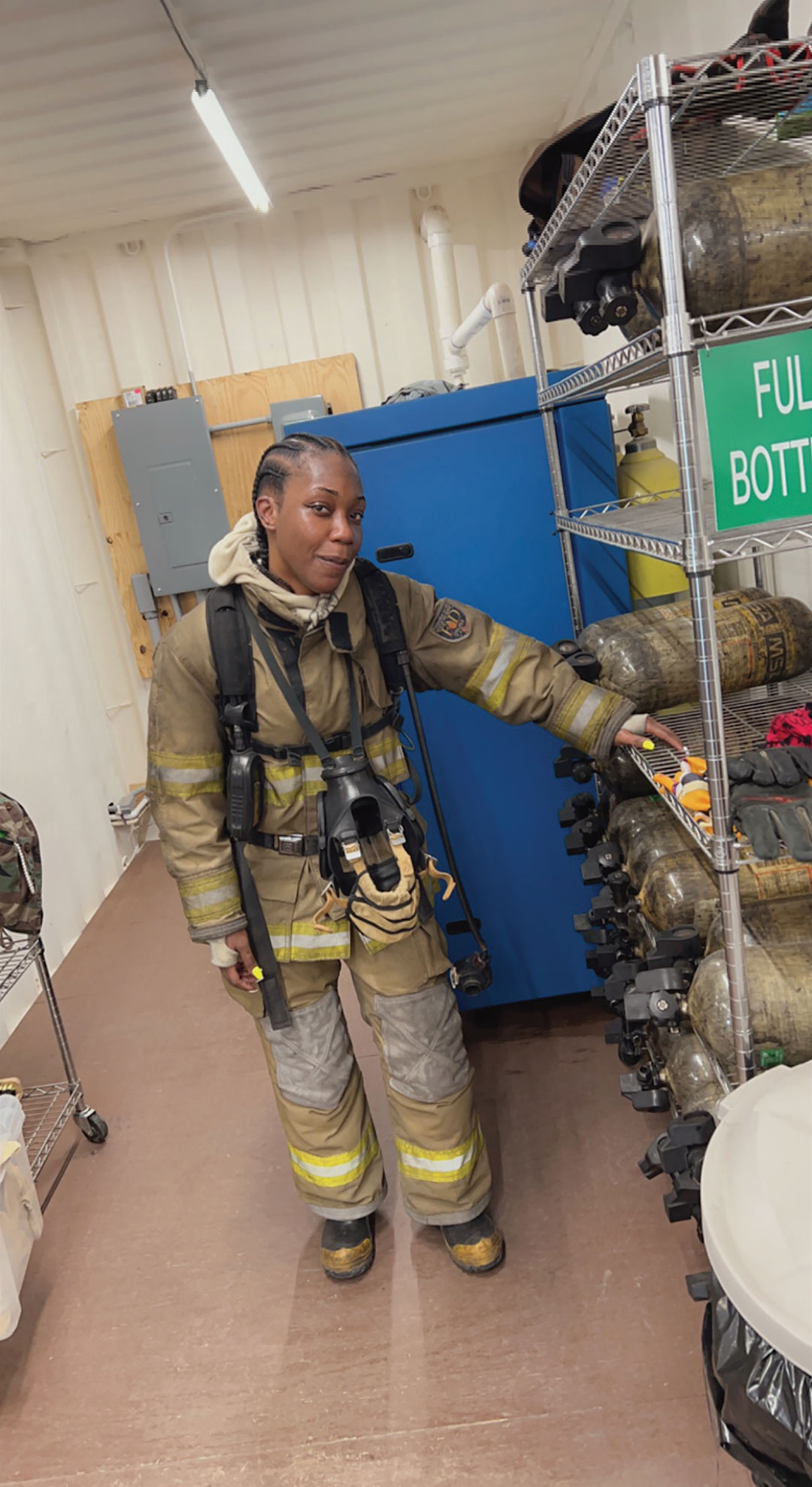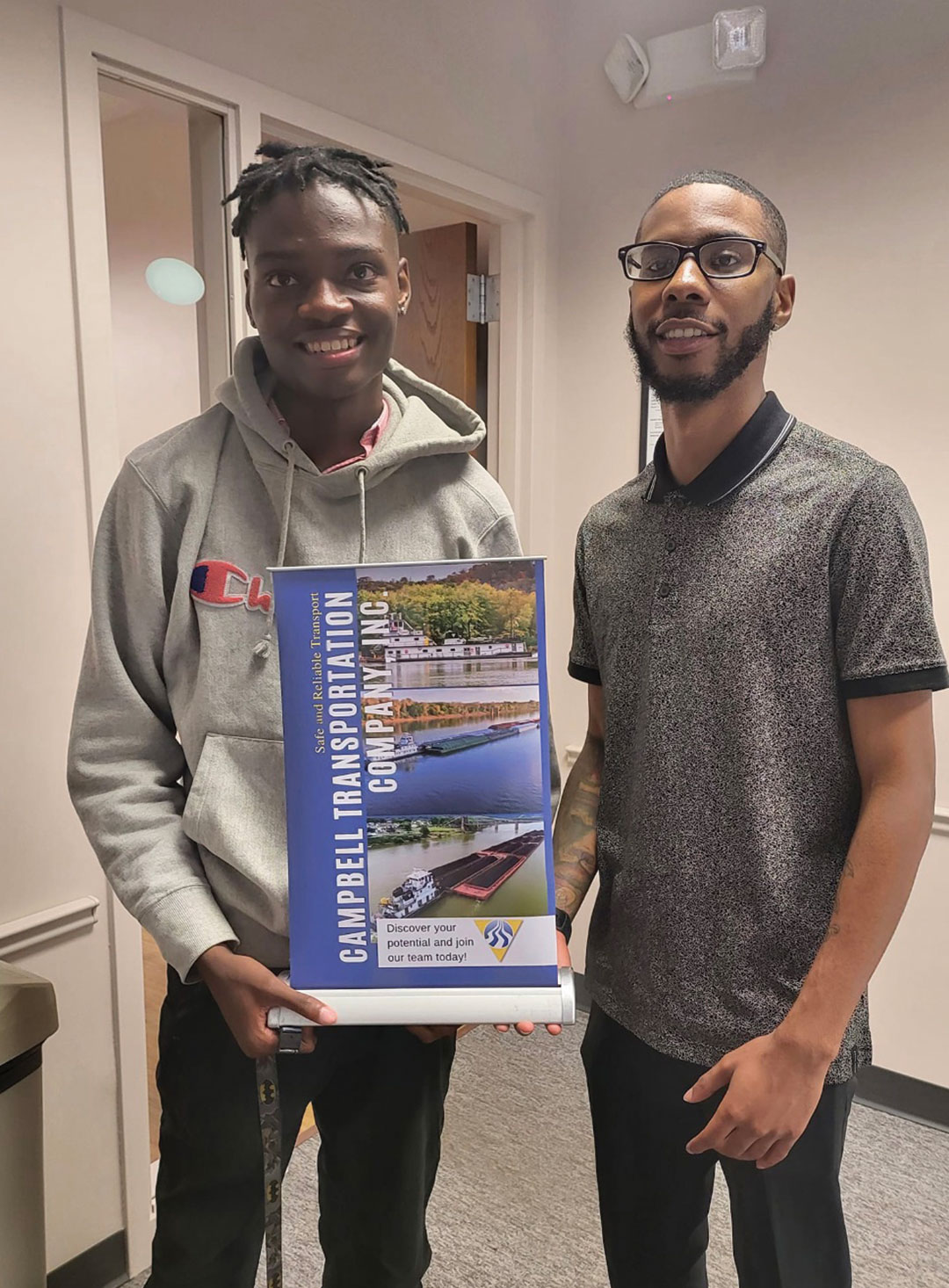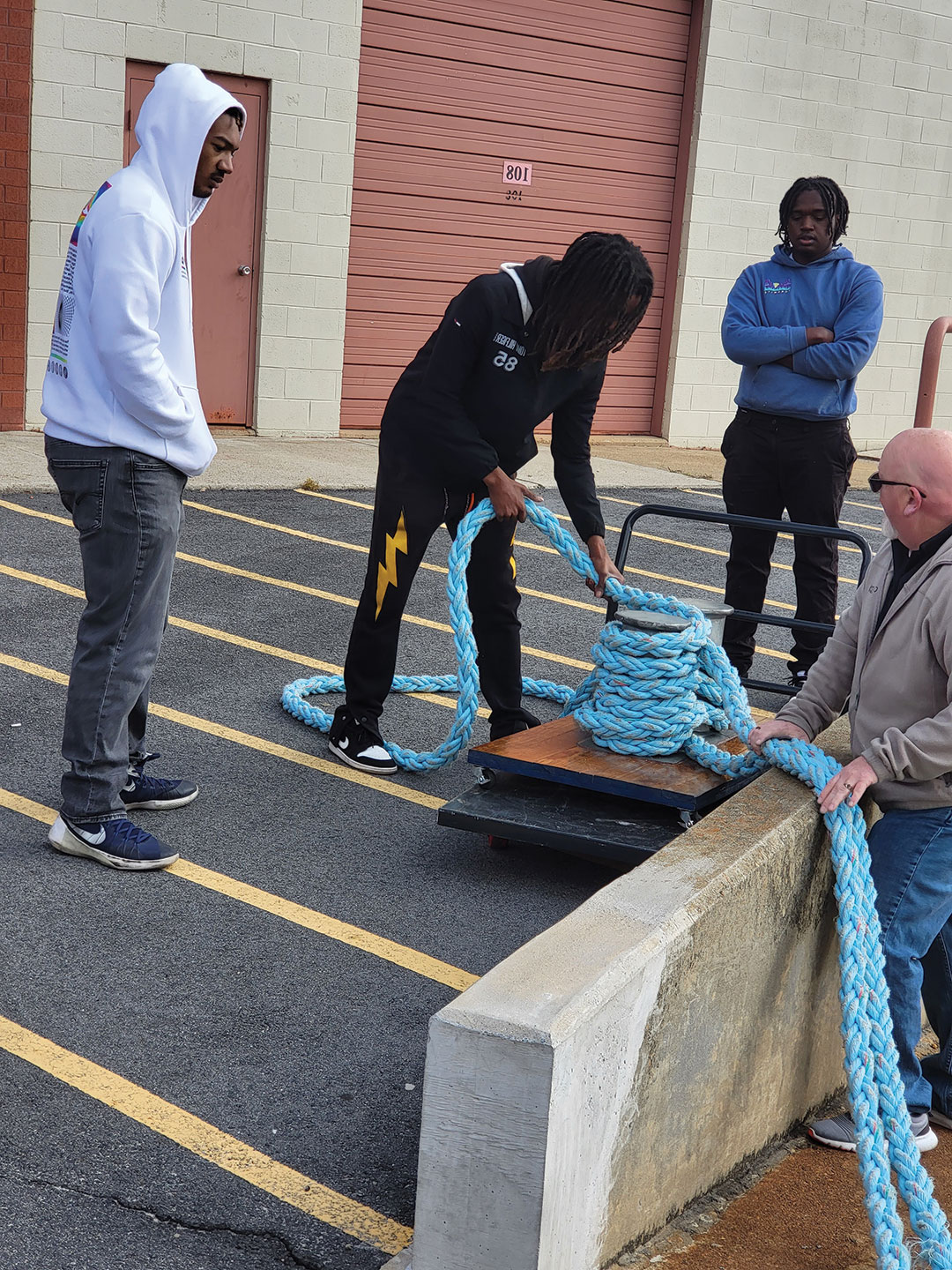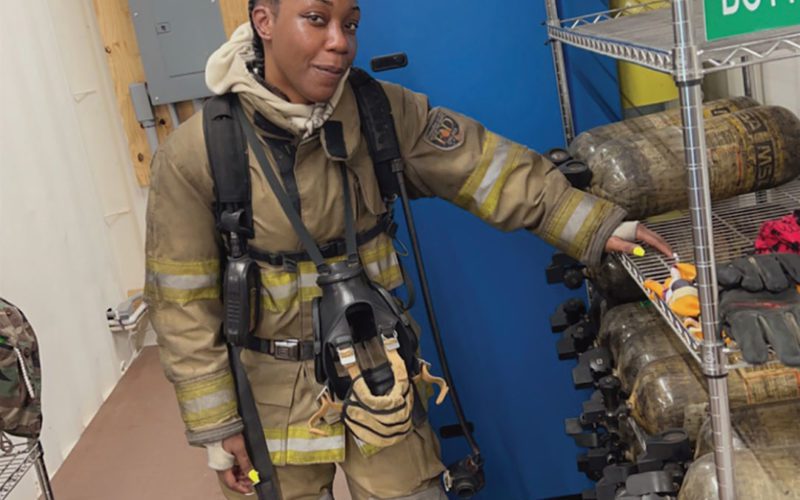
Training – Boot Camp
Success at Norfolk training center spurs creation of similar program in San Diego
Breaking into the maritime industry can be challenging. Mid-Atlantic Maritime Academy (MAMA) has developed a program to help prospective mariners navigate these waters.
The training center, based in Norfolk, Va., launched its Maritime Boot Camp in 2016 to give job seekers an accelerated path into the maritime profession.
MAMA’s Boot Camp bears little resemblance to the grueling military training of the same name. It consists of roughly four weeks of classroom learning followed in many cases by a four-week internship or immediate job placement support.
Students who finish the program receive their Transportation Worker Identification Credential (TWIC), Merchant Mariner Credential (MMC), and complete the Standards of Training, Certification and Watchkeeping (STCW-95) basic training curriculum as part of their studies.
In short, they leave the program with the skills and credentials needed for a position in the deck, engineering or steward departments on a commercial or government vessel.
“It is an entry-level, accelerated program,” said Ron McMiller, who leads the Boot Camp program at MAMA. “We take the students through an accelerated course on everything they need to learn to sail in deep water.

“What they gain is mentorship, guidance and an understanding of the skills of the trade they need when they go out,” he continued. “We can take them from ground zero and by the time they leave us they have really good basic skills and experience.”
MAMA launched the Maritime Boot Camp program in 2016, and since then almost 300 students have successfully completed it. Graduates have gone off to every corner of the maritime industry, from towing vessels to research ships to state ferries and deep-draft vessels for Military Sealift Command and commercial operators.
“Graduates have been as young as 18 and as old as 68, with most being in their 20s and 30s,” said Caroline Smith, who oversaw the program until her passing in August 2022. “Many of these men and women have not only built a better life for themselves but have been able to help parents and other family.”
“It is common for us to train siblings, children, parents, or cousins of graduates that have seen the successes of their family members because of the program,” she continued.
MAMA has since launched a Boot Camp scholarship honoring Smith for her role in establishing and promoting the program.

Mid-Atlantic’s accelerated Boot Camp program is unique in the industry. Its sister school, Training Resources Maritime Institute, is preparing to launch a Boot Camp program of its own in early 2023. The San Diego-based maritime training academy aims to replicate MAMA’s success on the West Coast.
There are different ways to pay for the Boot Camp program, which is taught by current and former mariners. Many students pay the tuition out of pocket. But Virginia-based applicants can seek funding from the Hampton Roads Workforce Council (HRWC) to offset those costs.
“They have been a program with the HRWC since 2016,” Krystal Searcy, the marketing director for the workforce council, said of the Boot Camp program. “Since its launch, it has been a top performer regarding completion and employment rates.”
Raychell Pryor is a recent Boot Camp success story. She grew up in a military family that lived on both U.S. coasts before settling in Norfolk, where she was born. A brush with the law at a young age left her feeling uncertain about her future.
“I really assumed my life was over,” she said recently. “I had two kids and a charge, and now I didn’t know what I was going to do, to be honest. I knew I couldn’t join the military anymore. I was working dead-end jobs and just wanted a career that my kids could be proud of.”
She learned about Boot Camp through a family member who completed the training. She received help and support from Mid-Atlantic staff, particularly Smith, to ensure she was ready when the program started. Pryor recalls waking up excited for the training and the interaction with instructors and fellow students.
“Being able to learn with so many motivated individuals motivated me more to get in and do what I have to do,” she said. “All the classes were fun as well. I learned so much to the point when I got on the ship that I’m on currently I knew what they were talking about.”
Pryor works as a government vessel assistant in the engineering department aboard a deep-draft ship. It’s a role that involves problem solving, which has always been a strength. After 70 days on the job, she earned a safety award that came with a cash bonus and a perfect evaluation from her chief engineer.
“I love what I do, the feeling of belonging to something that’s important. I don’t feel out of place, I feel like I’m appreciated like I’m supposed to be here,” she said. “I plan on being a chief engineer in the near future. I’ll keep you all updated!”

